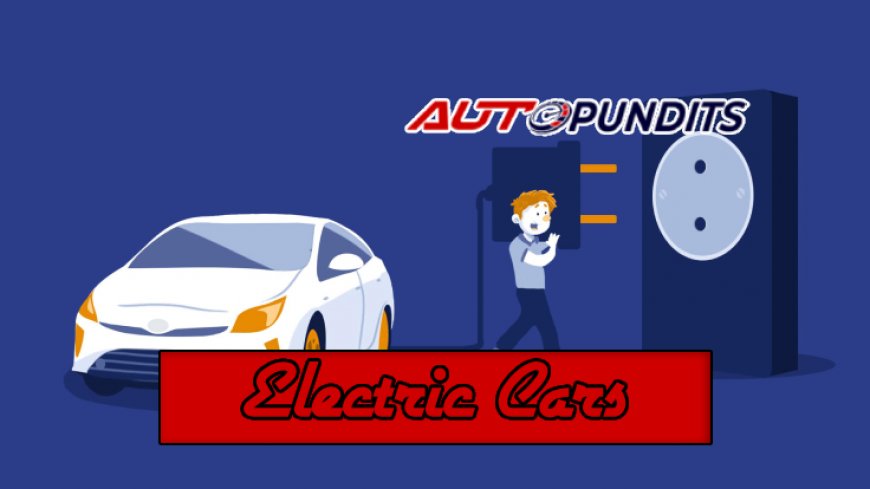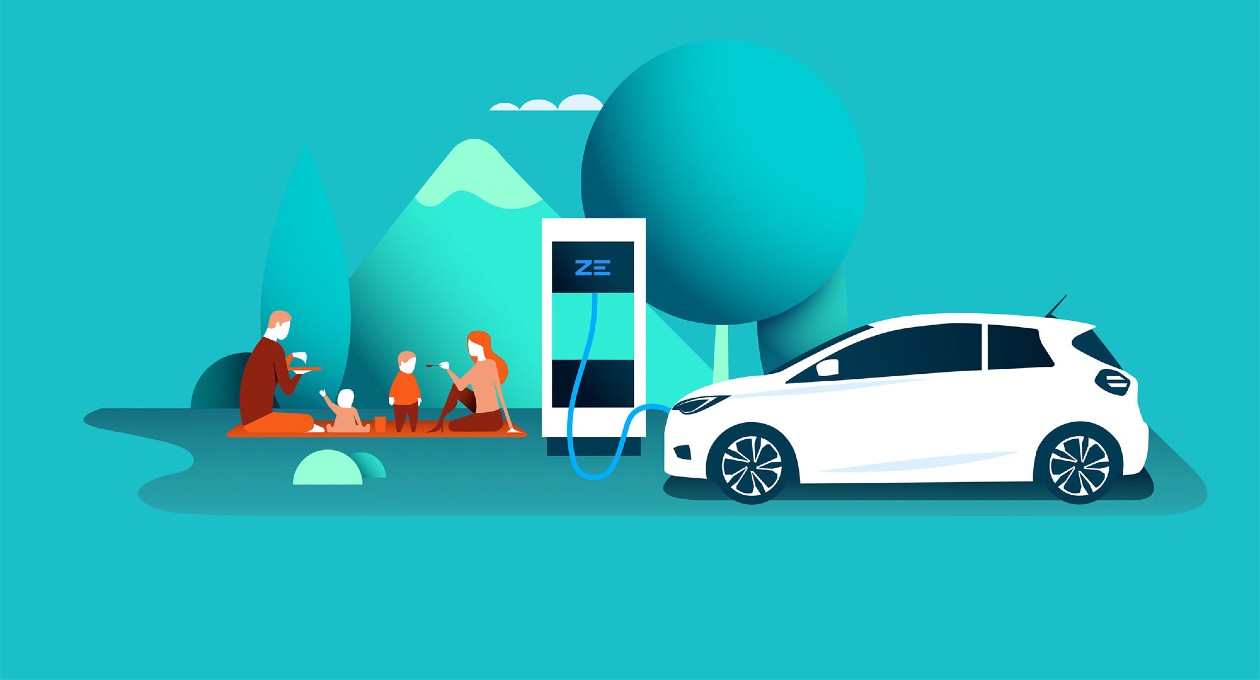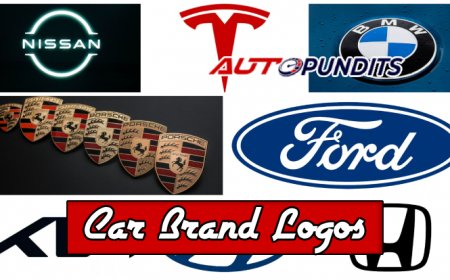Electric Cars: Switch to the Future of Sustainable Driving
Understand the benefits and evolution of electric cars and why they're an essential part of a sustainable future.

Electric Cars have become a future-oriented path to sustainable driving. These future-orientated machines are more than just a fancy-looking automobile; they aim to revolutionize our roads while playing an integral part in combating climate change. But what exactly is an electric car, and why are they growing in popularity? In this article, we tackle these questions and more as we delve deep into the world of electric cars and sustainable driving.
Revving Up: Why Electric Cars Matter
Electric cars align with the pursuit of sustainability. At the core of their design, electric vehicles (EVs) epitomize the concept of low-emission transportation. They present vehicle owners with both economic and environmental benefits, paving the way to a sustainable driving future.
Table of Contents
- The Evolution of Electric Cars
- How Electric Cars Work
- The Benefits of Electric Cars
- Types of Electric Cars: From Hybrids to All-Electric Vehicles
- The Future of Electric Cars
- Challenges Facing Electric Cars
- Impact on the Automotive Industry
The Evolution of Electric Cars

Surprisingly, the idea of electric cars isn't a modern concept. The history of electric cars dates back to the 1800s, around the same time that internal combustion engines were being developed. Despite facing numerous setbacks, electric vehicles have always managed to stay afloat, influencing the vehicle landscape consistently.
In the early 20th century, electric vehicles enjoyed significant popularity thanks to their quiet operation and low maintenance needs. However, the development of the electric starter for gas-powered cars and the subsequent plummeting gas prices led to the marginalization of electric cars for a significant part of the 20th century.
Fast forward to the 21st century, rising fuel costs, increasing environmental awareness, and technological advancements have pushed electric cars back into the limelight.
How Electric Cars Work?
Understanding the inner mechanisms of electric cars can be somewhat complex, especially for the uninitiated. However, the basic premise is quite straightforward.
Electric cars run on electricity. They are powered by one or more electric motors, using electrical energy stored in rechargeable batteries or another energy storage device. Unlike conventional vehicles that rely on internal combustion engines, electric cars produce no tailpipe emissions, making them environmentally friendlier.
Here's a simplified breakdown of how electric vehicles work:
- Motion: The battery sends electricity to the motor.
- Conversion: The motor then transforms this electrical energy into mechanical energy.
- Power: This mechanical energy is what powers the wheels, making the car move.
The Benefits of Electric Cars

Now that we have understood the basic structure of electric cars, let's dive deep into why they are considered an essential part of a sustainable future.
Sustainability: Electric cars emit zero tailpipe emissions and thus contribute significantly to cleaner air and the reduction of greenhouse gas emissions. This advantage aligns perfectly with the global pursuit of sustainability and controlling climate change.
Cost Effective: Electric cars are more cost-efficient to run than traditional gasoline-powered vehicles. Although the initial purchase price may be higher, the long-term operational expenses like fuel and maintenance are generally lower for electric cars.
Plus, to further incentivize the purchase of electric vehicles, many governments offer tax credits and subsidies, making EVs even more attractive from a fiscal perspective.
Performance: Electric cars deliver high performance and quick acceleration thanks to the immediate availability of torque. Combine this with a lower center of gravity – thanks to the placement of batteries – which improves handling, and it's clear to see why electric cars offer a superior drive experience.
Improved Energy Efficiency
When compared with internal combustion engines, electric vehicles are significantly more energy-efficient. EVs convert over 59% of the electrical energy from the grid to power at the wheels. In contrast, conventional cars only convert about 17%-21% of the energy stored in gasoline into wheel power. This remarkable efficiency makes electric cars an intelligent investment in our green future.
Types of Electric Cars: From Hybrids to All-Electric Vehicles
While all electric cars share the fundamental principle of using electric power, they're not all the same. There are three main types of electric vehicles available in today's market: Battery Electric Vehicles (BEVs), Hybrid Electric Vehicles (HEVs), and Plug-in Hybrid Electric Vehicles (PHEVs).
- Battery Electric Vehicles (BEVs): Powered entirely by electricity, these vehicles have no gasoline engine, produce zero tailpipe emissions, and must be recharged from an external source.
- Hybrid Electric Vehicles (HEVs): These combine an internal combustion engine with an electric motor. The battery is charged through regenerative braking and by the engine, not from plugging into an external source.
- Plug-in Hybrid Electric Vehicles (PHEVs): A hybrid of sorts, these have a larger battery capacity than HEVs and can be charged from an external source. They can travel a certain distance on electric power before switching to a gasoline engine.
The Future of Electric Cars
The advent of electric cars may represent a significant change, but it's only the beginning in the journey toward a sustainable future. Electric cars are constantly evolving, with technological advancements promising even more efficient, powerful, and sustainable vehicles.
Increased Range: One of the key focus areas of future electric car development is increasing the driving range. Many auto manufacturers are launching new models with unprecedented ranges, addressing one of the significant concerns people have about electric vehicles.
Fast Charging: Rapid charging stations are becoming more prevalent, drastically reducing charging times. Besides, battery technology is improving, enabling quicker charging and better performance.
Next-Gen Batteries: Solid-State Technology
A groundbreaking innovation in the pipeline is solid-state battery technology. Rather than the liquid or gel-like electrolyte used in today's lithium-ion batteries, solid-state batteries use a solid electrolyte. This development is expected to bring about increased energy density, extended lifetimes, and improved safety levels. If successfully commercialized, it could be a game-changer for electric cars.
Challenges Facing Electric Cars
Despite all the promise, electric cars also face a number of challenges.
Infrastructure: The lack of widespread charging infrastructure continues to be a major hurdle for electric cars. Although the number of charging stations is increasing, it is still not keeping pace with the growth of electric vehicles.
Battery Lifetime and Recycling: Even though efforts are being made to increase battery lifetimes, battery degradation remains an issue. In addition, efficient recycling methods for used batteries are still needed to manage the e-waste generated.
Impact on the Automotive Industry
The rise of electric cars has created ripples throughout the automotive industry, leading to a shift in dynamics and challenging the status quo. For traditional car manufacturers, it's either adapt or fall behind.
Increased Investment: Carmakers are investing heavily in electric vehicle technology to stay competitive in the marketplace. This provides a boost to research and development activities, promising further technological advancements.
New Players: The electric vehicle arena has also welcomed new players, like Tesla, which have challenged established brands and added a refreshing dynamism to the industry.
Job Shift: The growth of electric cars may also lead to a shift in the job market. As EV production ramps up, some traditional car manufacturing jobs may decline, but new opportunities in battery production and charging infrastructure may rise.
In conclusion, electric cars are not just the future - they're the present. They present a compelling and responsible choice for motorists, contributing to the move toward a more sustainable world. Their continual evolution and adoption hinges on overcoming various challenges. Nevertheless, their impact on not just our roads, but our planet, is set to be profound. The journey to a sustainable driving future is well on its way, and we, at AutoPundits, are excited to be a part of it.
What's Your Reaction?

































































